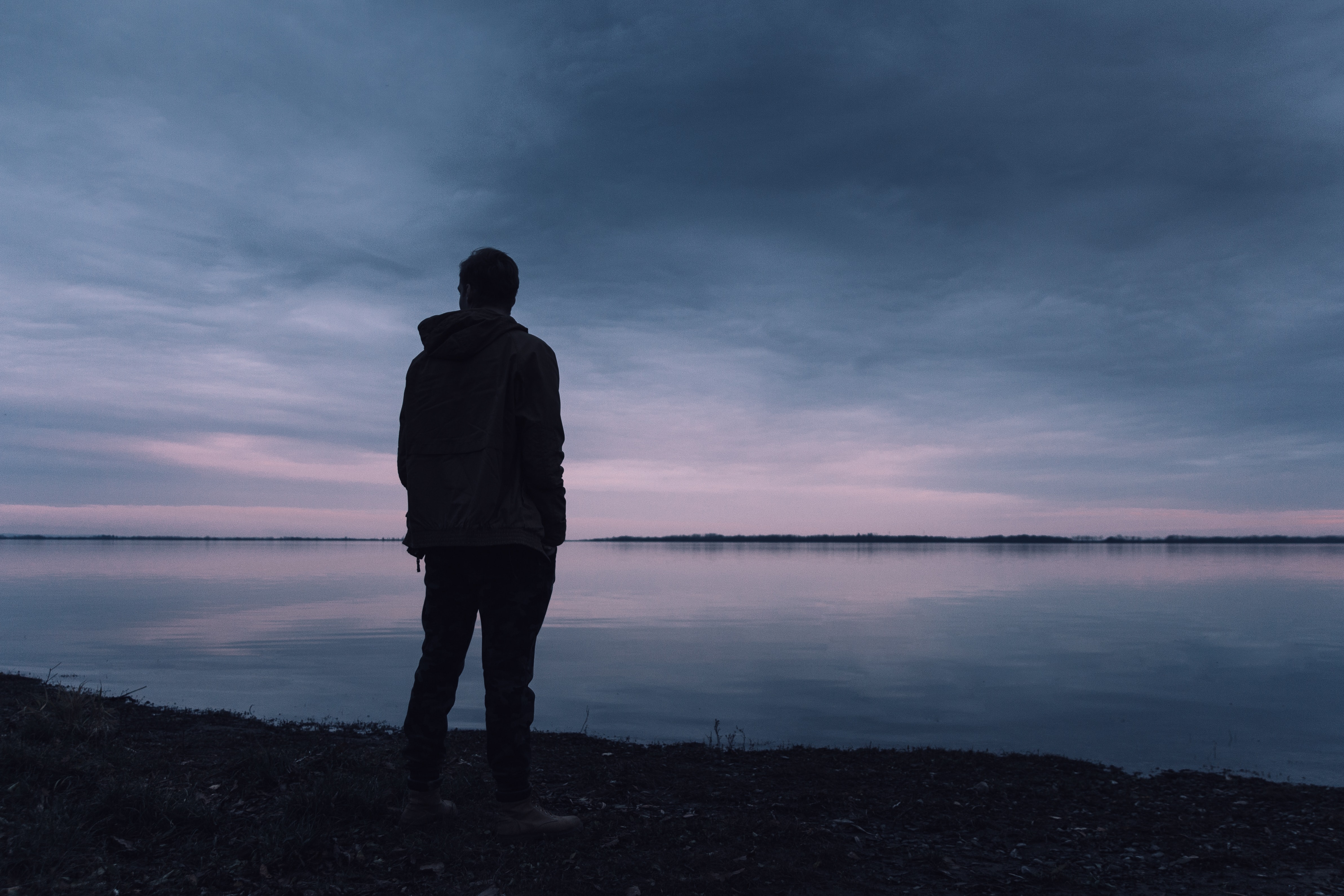What to Do When You’re Feeling Down
Especially around the holidays, birthdays, and special events, it’s common for people living alone or in a dead-end relationship to feel loneliness. However, if people do not address their loneliness, they could end up suffering anxiety, depression, or another mental health issue. Or they could just live day to day feeling a general disengagement with life or a strong feeling of despair. Their disappointment with their social relationships is not anything that another person could change for them. Nobody wants to be in this position of feeling lonely for any length of time. A good idea to consider is that it is not the quantity of social encounters that you have per day or per week. Instead, it’s the quality of those social encounters that you do have. Just going to social outings over and over is not going to reduce your sense of loneliness.
Is There a Cure for Loneliness?
A good definition of loneliness is that the difference between the amount of intimacy and contact that you want with other people in your social circle and what you actually experience. If there is a big difference between what you want and what you get, you’re going to be feeling alone or disconnected much of the time. What you can do is try to address your own behaviors that discourage intimacy, including putting yourself out there more, taking risks, and allowing yourself to feel close to people. You might have to take down some of those walls that you’ve built around yourself, seemingly for your own protection. Your own efforts may not forge deep relationships that sustain you socially overnight, but, with time, you can reduce that feeling that you don’t have enough quality relationships to satisfy your emotional needs.
What You Can Do About Loneliness That Persists
This is not the advice that you were most likely expecting, but an immediate thing you can do to combat loneliness is to decrease daily usage of your smartphone, which has been proven to increase anxiety. According to a recent study published on PubMed, people who experience social anxiety and loneliness may reduce their own chances of building quality interpersonal relationships. This is because they have behaviors or habits that seem to hold them back from feeling close to people. They don’t have as many quality social encounters. What’s more, using a smartphone can increase feelings of anxiety and loneliness by those people who don’t feel as connected to their social world, especially if they are not getting the numbers of text messages, phone calls, and social media responses as they expect. Even becoming dependent on your social media apps for daily socialization in itself could cause you to feel anxiety that you didn’t feel before people used these devices to maintain their social connections.
Moving Forward
For people suffering from loneliness, there is hope. Despair is a cup-half-empty way of looking at your own world. Just remember that every day you wake up, you have unlimited opportunities to meet new people and to learn about them, to share things about yourself, and to build new relationships. You also have the ability to contact the people you already know and to set up outings together. If you aren’t sure how to socially connect with people and you’ve already reduced the time spent on a smartphone, you can try inviting yourself to participate in the favorite hobbies of your friends and learn about what makes them happy. Although their activities may not be your first choice, you will meet new people and challenge yourself to use your social skills in new situations. If, after broadening your social encounters with a focus on quality you’re still feeling that these friends aren’t satisfying your need for social intimacy, you may need to find new friends and connect. Focusing on quality over quantity, even going on regular outings with one special friend, can go a long way towards reducing your sense of loneliness.


